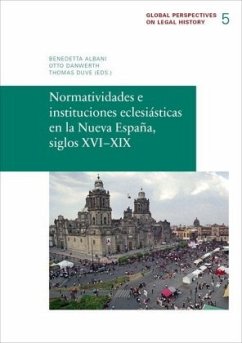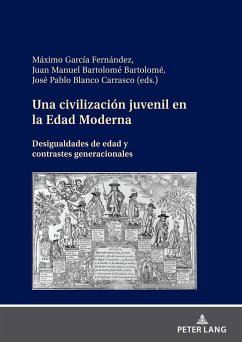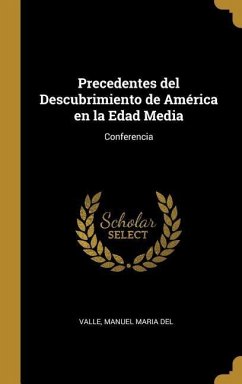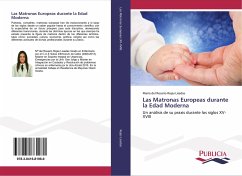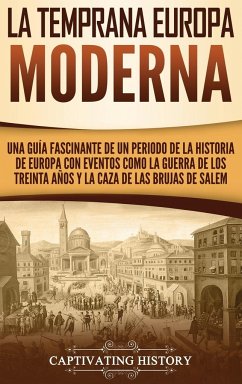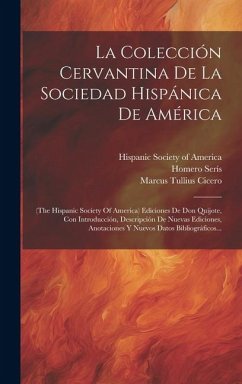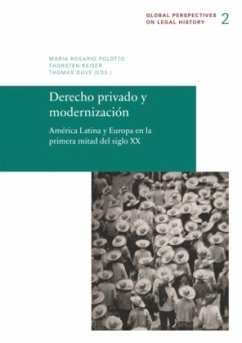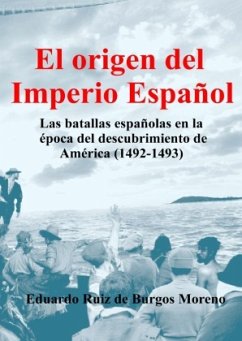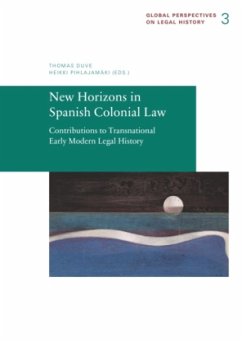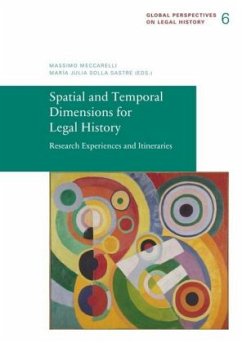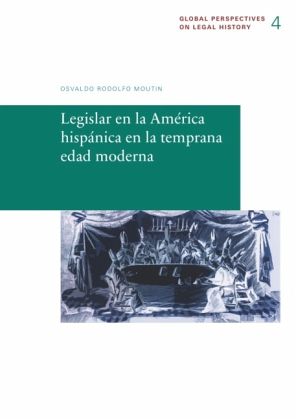
Legislar en la América hispánica en la temprana edad moderna
Procesos y características de la producción de los Decretos del Tercer Concilio Provincial Mexicano (1585)
Versandkostenfrei!
Versandfertig in 6-10 Tagen
11,64 €
inkl. MwSt.

PAYBACK Punkte
0 °P sammeln!
The decrees of the Third Mexican Provincial Council, celebrated in 1585, had an important impact on the organization of the colonial Church and Spanish-American society, from the time they were published in 1622 until the nineteenth century. This research focuses on how the decrees were drafted, taking into consideration the working materials used in the conciliar meeting room by the bishops and their assistants, and thus highlighting the intentions of the conciliar fathers in their new and original elaboration of both Canon Law and Derecho Indiano.El Tercer Concilio Provincial de México, cel...
The decrees of the Third Mexican Provincial Council, celebrated in 1585, had an important impact on the organization of the colonial Church and Spanish-American society, from the time they were published in 1622 until the nineteenth century. This research focuses on how the decrees were drafted, taking into consideration the working materials used in the conciliar meeting room by the bishops and their assistants, and thus highlighting the intentions of the conciliar fathers in their new and original elaboration of both Canon Law and Derecho Indiano.
El Tercer Concilio Provincial de México, celebrado en 1585, es considerado una pieza angular de la legislación canónica e indiana, tanto por su contenido, como por la amplitud del espacio y el largo período de tiempo en el que estuvo vigente. La reciente edición impresa de los Manuscritos de trabajo conciliares ha permitido nuevas indagaciones acerca de la tarea de producción legal realizada por los obispos mexicanos. A la luz de estos materiales y considerando la historiografía reciente, el autor indagó como fue el proceso de redacción de los decretos conciliares.
Teniendo en cuenta elementos como los memoriales, tratados teológicos y jurídicos y otras legislaciones conciliares y sinodales usadas por los obispos, el recurso a comisiones y consultas a teólogos y juristas y las particularidades del contexto histórico-jurídico, el autor identificó cuatro procesos diferenciados de redacción de los decretos conciliares.
Los resultados de la investigación permiten reasignar la autoría de los decretos conciliares al episcopado de la Provincia Eclesiástica de México y determinar su grado de originalidad. La localidad de la ley y su gran relevancia en el ordenamiento jurídico entonces vigente aparecen, en conclusión, como las notas características del cuerpo de decretos aprobado por el Tercer Concilio Provincial de México.
El Tercer Concilio Provincial de México, celebrado en 1585, es considerado una pieza angular de la legislación canónica e indiana, tanto por su contenido, como por la amplitud del espacio y el largo período de tiempo en el que estuvo vigente. La reciente edición impresa de los Manuscritos de trabajo conciliares ha permitido nuevas indagaciones acerca de la tarea de producción legal realizada por los obispos mexicanos. A la luz de estos materiales y considerando la historiografía reciente, el autor indagó como fue el proceso de redacción de los decretos conciliares.
Teniendo en cuenta elementos como los memoriales, tratados teológicos y jurídicos y otras legislaciones conciliares y sinodales usadas por los obispos, el recurso a comisiones y consultas a teólogos y juristas y las particularidades del contexto histórico-jurídico, el autor identificó cuatro procesos diferenciados de redacción de los decretos conciliares.
Los resultados de la investigación permiten reasignar la autoría de los decretos conciliares al episcopado de la Provincia Eclesiástica de México y determinar su grado de originalidad. La localidad de la ley y su gran relevancia en el ordenamiento jurídico entonces vigente aparecen, en conclusión, como las notas características del cuerpo de decretos aprobado por el Tercer Concilio Provincial de México.



